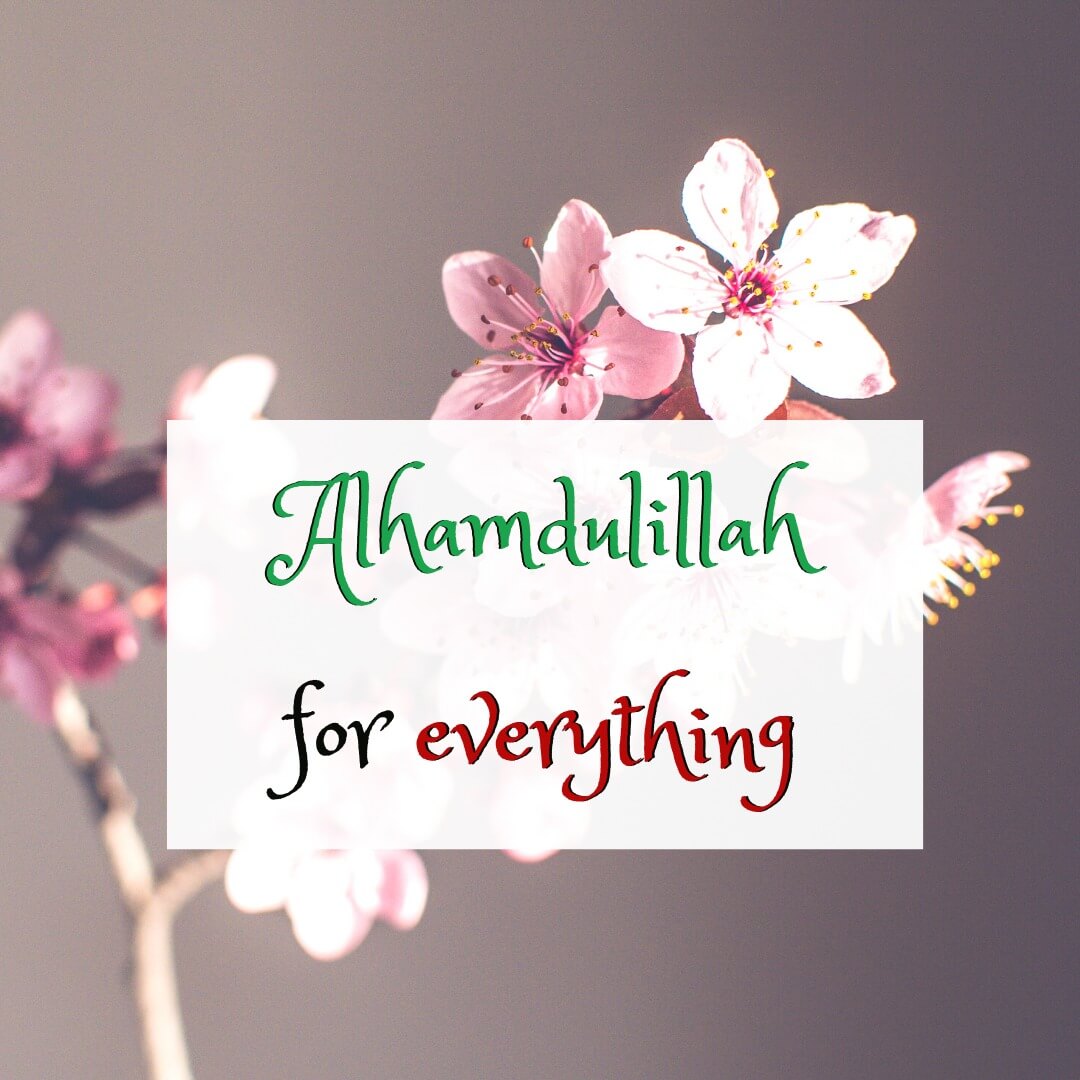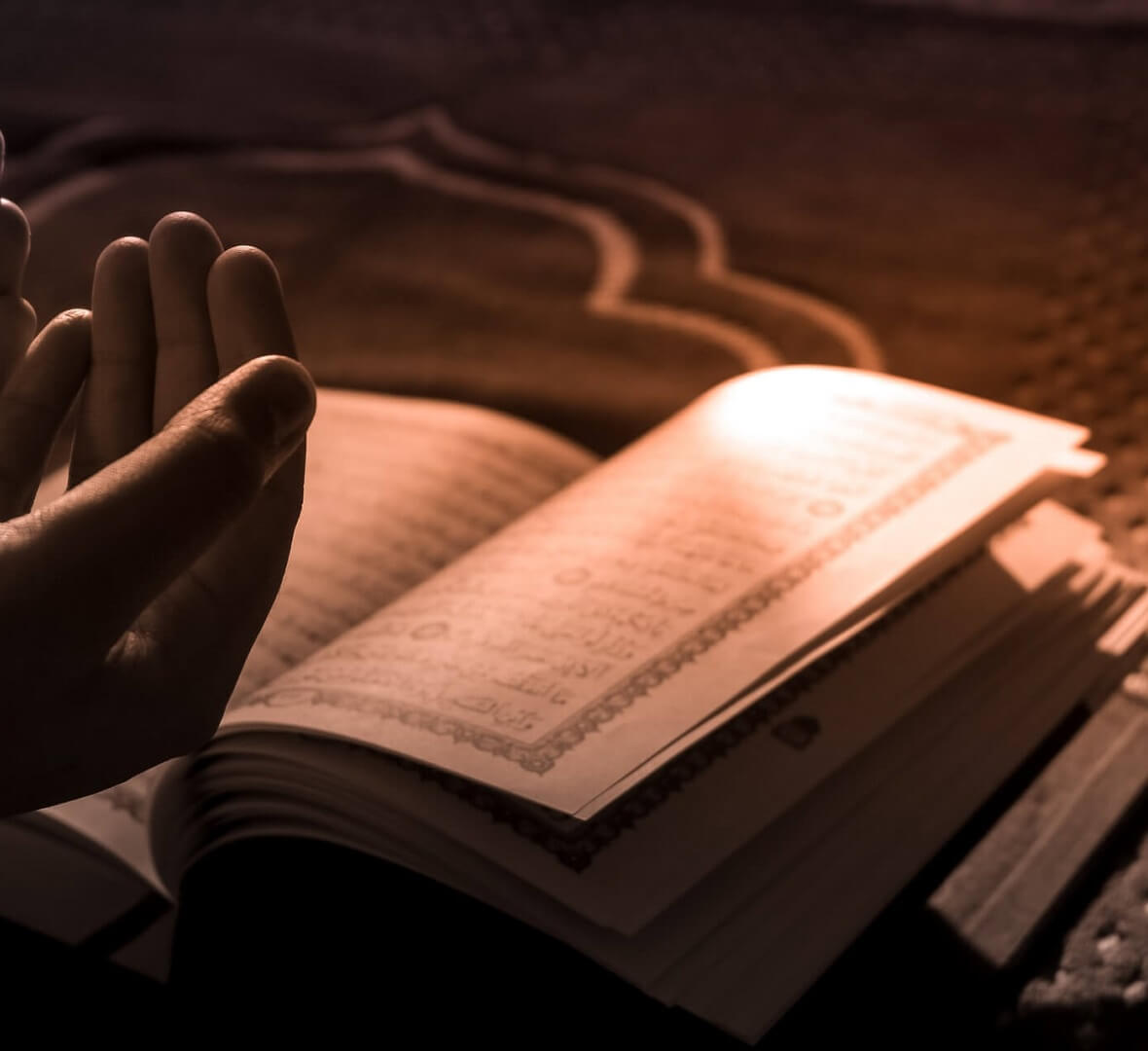As Muslims, we all know that “La ilaha illallah” is the first part of our Shahadah (declaration of faith) and is the first of the 5 pillars of Islam. It means that we deny worship to other gods except for Allah Sub’hana Wa Ta’ala. It asserts that Allah Sub’hana Wa Ta’ala must be worshipped without any partners. “La ilaha illallah” is also referred to as Kalimathu Tayyiban, Kalimathu Taqwa and Da’wathul Haqq. Haqq means the truth.
Meaning of La Ilaha illallah
La Ilaha illallah means there is nothing deserving to be worshipped except Allah Sub’hana Wa Ta’ala. We all know that there are other ilah (deities) that are worshipped in the current world. But are they deserving of your worship? No. They have no rights to be worshipped.
“La ilaha illallah” means that you have to abandon worshipping anyone besides Allah and also abandon making Dua to anyone except Allah. You have to abandon trusting anyone the way you trust in Allah, abandon loving anyone the way you love Allah, and you have to abandon fearing anyone the way you fear Allah.
And they were not commanded except to worship Allah, [being] sincere to Him in religion, inclining to truth, and to establish prayer and to give zakāh. And that is the correct religion. – Surah Bayyina Ayah 5

Also, read – The meaning of the 99 names of Allah
The La in “La Ilaha illallah”:
La (in Arabic) means negation (known as the “La” of negation). The “La” is of two types:
- The first “La” resembles what ‘Laisa’ does in Arabic grammar. This means it does not negate completely or is not a strong negation as it only negates one (thing/item/person) and not all (things/items/persons).
- The second “La” is the opposite of the above and resembles “Inna” in the Arabic language. The second type of “La” actually negates everything, how much ever a number of people, things are there. This is the ultimate negation.
The “La” in Kalimathu Tawheed is the second type as it negates fully. This means no one, no deity is ever worthy of worship except Allah.
Virtues and Importance of “La Ilaha illallah”
1: When our Prophet SallAllahu alaihi wa sallam came to the people of Makkah and he started his message, he first called them to La ilaha illallah. After 10 years of his prophecy, the Salah was made obligatory although the prophet was in Makkah for 13 years. But for the first 10 years, he was calling to Tawheed “La ilaha illallah” only. And thereafter, Salah was made mandatory, and Salah is the manifestation of “La ilaha illallah”.
2: Abu Sa’id and Abu Hurairah (RadhiAllahu Anhu) narrated that the messenger of Allah (ﷺ) said:
“Remind those who are on their death bed of the Shahadah “La’Ilaha illall-ah.” (for them to say it, hoping it will be their last words)” – Bulugh al-Maram 535, 536

That is the position of La ilaha illallah. The one who wants to become a Muslim says this as his or her first Kalimah (declaration of faith) and it is hoped that a Muslim be able to recite this Kalimah as his last words. It is hoped that La ilaha illallah will take you to Jannah, In Shaa Allah.
3: Du’aa of Arafat
The Prophet Muhammad, peace be upon him, said of the Day of Arafah dua:
“The most excellent dua is the dua on the Day of Arafah, and the best of what I and the prophets before me have said, is “There is nothing that deserves to be worshiped in truth except Allaah, He is Alone and has no partner, to Him belongs the dominion and to Him belongs all praise, and He is All-Powerful over all things.'” (Muwatta)
4: Weight on the Day of Judgement
‘Abdullah bin ‘Amr narrated that the Messenger of Allah (ﷺ) said:
“A man from my nation will be called before all of creation on the Day of Resurrection, and ninety-nine scrolls will be spread out for him, each one extending as far as the eye can see. Then Allah will say: “Do you deny anything of this?” He will say: “No, O Lord.” He will say: “Have My recording scribes been unfair to you?” Then He will say: “Apart from that, do you have any good deeds?” The man will be terrified and will say: “No.” (Allah) will say: “Indeed, you have good deeds with Us, and you will not be treated unjustly this Day.” Then a card will be brought out on which is written Ash-hadu an la ilaha illallah wa anna Muhammadan ‘abduhu wa rasuluhu (I bear witness that none has the right to be worshipped but Allah, and that Muhammad is His slave and Messenger). He will say: “O Lord, what is this card compared with these scrolls?” He will say: “You will not be treated unjustly.” Then the scrolls will be placed in one side of the Balance and the card in the other. The scrolls will go up (i.e., be light) and the card will go down (i.e., will weigh heavily).” – Sunan Ibn Majah 4300
5: The first command of prohibition in the Quran is not to associate partners with Allah.
6: La Ilaha Illallah has to be on our tongue all the time.
Conditions of “La ilaha illallah”
7 conditions must be met for it to be accepted:
- Ilm (Knowledge)
- Al Yaqeenu (Certainty)
- Alqaboolu (Acceptance)
- Al inkiyaadh – Submission
- Assidqu – Truthfulness
- Al Ikhlas – Sincerity
- Muhabba – Love
How to be more focused on Tawheed?
1: Correct our Niyyah:
Actions are but by intentions. So, we need to keep renewing our intention before, during, and after-action so that we do it purely for the sake of Allah.
2: Sincerity:
We must remember and focus on our hearts to see if we are purely doing anything for Allah’s sake.
3: Remember: It is Haqullah
It is the Haqq / right of Allah that we worship none except Him. Recite “La ilaaha illallah” often.
4: Speech
Be conscious of our speech. When we speak or call out to Allah, we should remember that we call out to Him only and not to anyone who passed away and not to anyone inside the grave.
5: Action:
When we do our Ibadah (Salah, Saum, Hajj, etc), we try to remember and bring the conscious effort to have in our heart that we are doing this purely for Allah’s sake.
Whatever error is in here is from me and shaitan and Allah and His messenger are free from it. Allahu A’lam.


